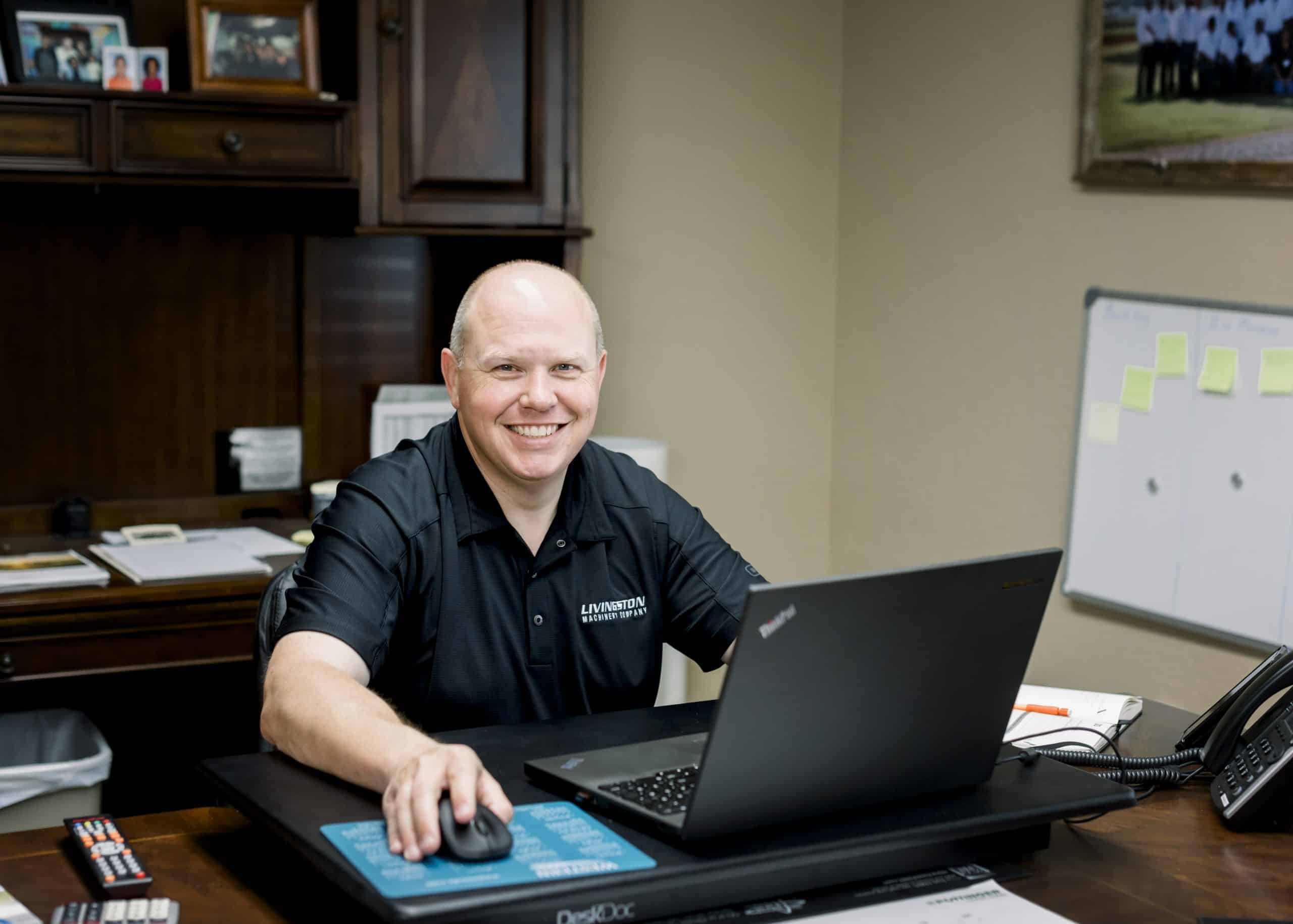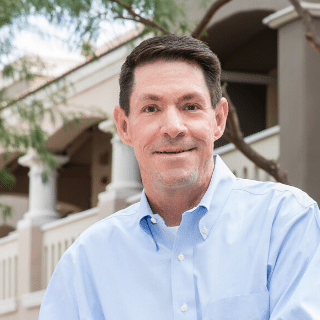
This agricultural equipment juggernaut is on an acquisitions spree after teaming up with private equity investors
February 23, 2023EU launches €3.75 billion fund of funds to help startups scale up
March 2, 2023By Verne Harnish
Payroll service provider ConnectPay has grown from $2.8 million in annual revenue to a $20 million run rate this year through a combination of organic growth and acquisitions, using the Scaling Up platform to build a cohesive culture.
ConnectPay, based in Foxboro, Mass., pulled it off through both organic growth and a systematic acquisitions program, completing 27 acquisitions in the U.S. since 2017. The company completes 4 to 7 “additions” each year. Along the way, ConnectPay has built a brand around the concept of “Connected Payroll,” based on advanced technology and seamless integration with its small-business customers’ networks.
Focusing on “programmatic” M&A
CEO Michael Young and his leadership team set the stage for the acquisitions in 2016, when they merged the two founders’ offices with their software provider. In early 2016, co-founder and president Paul Altavena, who heads the company’s M&A strategy, began devoting his entire focus to sourcing opportunities.
ConnectPay embraces the “programmatic M&A” approach that McKinsey & Co. describes. This is a philosophy where acquirers focus on aligning corporate strategy with M&A strategy. “Decades of programmatic M & A research prove the strategy creates gains in excess total returns to shareholders, at lower levels of risk,” says Drew Schildwachter, who is COO.
The company has developed a very specific project template it follows for deal sourcing, due diligence and negotiation. It then shifts to discovery, welcoming new team members, real estate, establishing a secure network for the data conversion, product, platform, welcoming new clients and finally, “Day One” or “Go,” when the actual cutover takes place.
Afterwards, the focus shifts to post-conversion efficiency, and post-addition growth. ConnectPay does a “retrospective” following each deal to learn and improve for its next project. It also converts every client to its proprietary payroll software, which streamlines its operations and drives economies of scale.
The leadership team has found that The Rockefeller Habits, from my book Mastering the Rockefeller Habits, supports this model. “It takes a dedicated team with funding and decision rights to integrate these payroll operations,” says Schildwachter. “You need competitive advantage so you must have a One-Page Strategic Plan, one that the organization commits to. Then you need conviction beginning with your investors and senior leadership team, and lastly you need capacity. We have dedicated team members who run the acquisition process post deal signing.”
Jump-starting regions
ConnectPay looks for targets in new markets to jump start a region, so the company can then follow up with “tuck-ins,” where it absorbs smaller companies. Two business development representatives and a marketing resource support Altavena in to identifying “top-of-the-funnel” candidates. Their goal is to build economies of scale. Their due diligence focuses on cultural and end-user client fit.
Altavena and his team find most of their targets through the network of the leadership team. Three targets were former licensees of the company’s software. Most of the rest came from direct marketing and cold calling. A few targets were identified by the company’s sales team. Most have been “buy-and-fix” acquisitions.
“This has all been made easier by following Scaling Up,” says Schildwachter. “When we meet the sellers, we start on page 25. We discuss the main obstacles to scaling: not developing leaders, not building scalable infrastructure, and failing to adequately market. Most businesses do not scale, and they are our customers, with 5.2 million small businesses in the US with under 20 employees. So, page 25 in Scaling Up defines why they want to join us, and why we have such a tremendous opportunity.
Series A funding
ConnectPay has financed the acquisitions with a series A funding round, led by a local contact, the former managing director of a private equity firm and his business associates. “We are currently too small for their fund, but they have patiently added capital since 2016, and continue to fund us along with a growing line of bank credit,” says Schildwachter.
Building a welcoming culture
ConnectPay has found that the platform has allowed the company to integrate new acquisitions successfully and to build a strong and cohesive culture. “Probably the most important step: welcome the people,” Schildwachter says. “If we get their buy-in, the entire process is better.”
Having a common framework has also helped. “We give a copy of Scaling Up to every new team member, both organic and through additions,” says Schildwachter. “Our Core values are visible in every office, and we celebrate them every month with our all hands meeting and selecting our Core Value Heroes of the month. We are big fans of Scaling Up and have used the McKinsey approach to M & A to unlock value.”
With the company now moving on to its next acquisition, it appears to be well-positioned for continued success.


